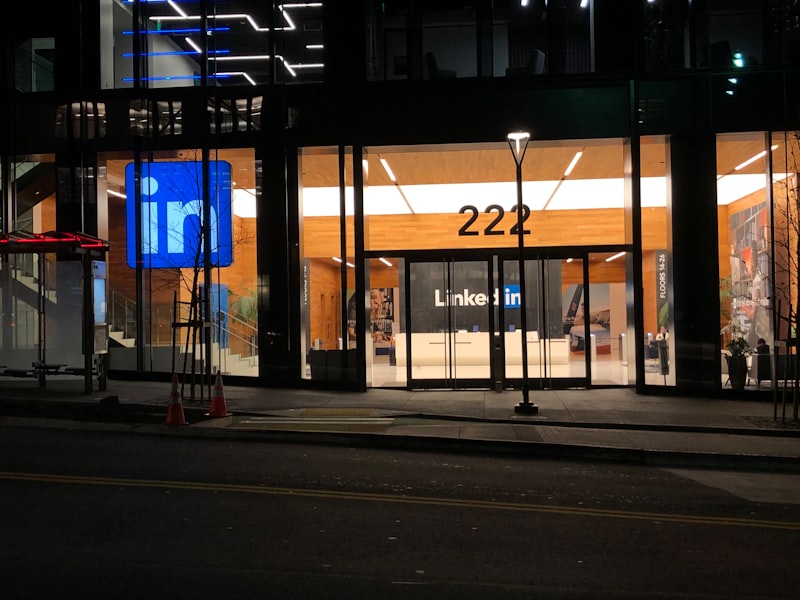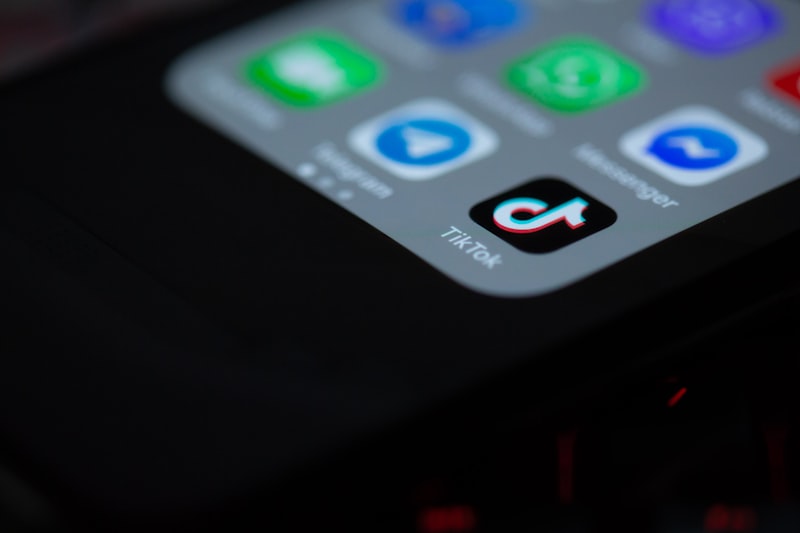It's pretty common for small business owners to feel like they don't have enough time or resources to do it all. This is especially true as social media becomes a bigger and bigger part of modern marketing—but how do you decide which platforms to use?
The internet has made us all feel like we're competing with huge companies and online influencers, so how can the little guy stand out?
Here's the thing: you don't have to do everything.
In fact, for most small businesses, focusing on one platform is a much better strategy than spreading yourself too thin.
The goal here is to create a solid foundation that shows potential customers that your brand exists in their space and that they should check you out. And depending on your business and your goals, there are more effective ways to do this than others.
Unlike how many businesses initially felt about Instagram, Facebook's core network is now poised to deliver ROI.
Businesses are learning that Facebook is a better platform for them, as evidenced by the trends and numbers below.
- Drive traffic to your site. Facebook drives more website traffic than any other social network, including Instagram.
- Ecommerce. The average order value for products sold on Facebook is $55, compared with only $40 on Instagram.
- Lead generation. In the last five years, the cost per lead from Facebook has decreased by 80%, while it's increased 200% from Instagram.
- Engagement metrics: Average users spend more time interacting with brands on Facebook than on Instagram (1 hour vs. 40 minutes).
- Conversions: 18x as many conversions made via ads run on Facebook compared to ads run through Instagram (18% vs 1%).
- Purchases: Users who click through to sites from Facebook are 25% more likely to purchase than those who click through from Instagram (49% vs. 19%).
The Instagram vs. Facebook competition is now neck-in-neck when it comes to organic reach, which is defined as the number of people who see your content without paid promotion.
Organic reach is the total number of unique people who see your content in News Feed or ticker. Reach is the number of unique people who see your content without paid promotion. (Note that if you boost a post and/or run page post ads, those will count as paid promotion.) So, organic reach is the same thing as reach; it's just another way to say it.
Instagram is also a valuable social network for businesses for several reasons.
Instagram is also a very valuable social network for businesses for several reasons:
First and foremost, it's just plain popular. With 500 million daily active users and 1 billion monthly active users (and those numbers are only growing), the platform has a large audience. If you want to get in front of as many eyes as possible, Instagram may be the best choice for your business.
Instagram also has a high level of engagement—businesses see an engagement rate of 2.2%. In comparison, Facebook's average engagement is 0.22%, while Twitter's only averages 0.04%. Because Instagram was designed to share photos and videos with friends and followers, users are more actively engaged with their feeds than they might be on other platforms like Facebook or Twitter.
Creating brand awareness is easier on Instagram than most other platforms because of its engagement levels. If you're looking to increase brand awareness for your business' products or services, you can't do much better than Instagram sharing tools."
Instagram users are more likely to engage with brands than Facebook users, with roughly a quarter of all Instagram users engaging with a brand weekly.
Instagram and Facebook are similar in some ways, but their differences are important to consider when deciding which platform to focus your marketing efforts on.
Instagram is a visually-oriented social media platform that revolves around posting images and videos with interactive comments—you can post “responses” to posts by creating your own image or video related to the original post. It also allows you to live-stream video, which can help build an engaged audience through customer interaction and interaction with industry influencers (such as guest speakers).
Which should you focus on for your business? The answer is not black and white.
“What platform should I focus on for my business?” This is, by far, the most common social media question we get. However, there is no simple answer to this question because it depends entirely upon your goals and target market. Although Facebook has been around longer than Instagram, many businesses out there would benefit from skipping Facebook altogether and focusing on Instagram. Some businesses won’t see much value in Instagram and should invest more into their Facebook presence.
If you have the time and resources you should maintain both networks if you're trying to reach the widest audience possible, particularly if you're a consumer brand or service provider.
If you’re a small business, chances are you don’t have the time or resources to fully participate in every single social media network. You’ve got to evaluate which networks your target audience uses most and focus on engaging them there.
The majority of Instagram users are between 18 and 29 years old, whereas Facebook is the preferred social platform for the bulk of those 30+, so if your target audience falls into either age range, it would be wise to invest your time accordingly. For example, if you’re a B2B business looking to target decision-makers over 30 years old, you should be investing more in Facebook than Instagram. If you want to reach younger audiences who value visual content and storytelling, Instagram may be a better option. As with everything related to marketing, focusing on your audience first is the best way to ensure that your efforts are effective.
If one main goal is increasing sales conversions (read: making money), keep in mind that organic reach on Facebook continues to decline while organic reach on Instagram has remained consistent since 2013 -- meaning that unless your brand wants to pay for ads on Facebook (or boost posts), it will likely be harder for businesses promoting their products/services through this platform when compared with Instagram.
Finally, keep in mind that this analysis only covers two popular social platforms for business -- there are several other options available depending on your industry/audience such as Pinterest, Twitter, or LinkedIn worth exploring as well!
Both networks are excellent at delivering impressions and growing audiences, and they provide different values to different audiences depending on which demographics they want to target.
When it comes to figuring out the best network for your business, the main thing to keep in mind is that each network does something different. A lot of businesses will put all their eggs in one basket and focus on one platform, and that’s fine—but if you really want to grow your business using social media, you need to understand what each of these networks can do for you. Facebook or Instagram?
Both networks are excellent at delivering impressions and growing audiences, and they provide different value to different audiences depending on which demographics they want to target.
Instagram favors consumer brands over B2B (business-to-business) brands by a six percentage point margin when looking at brand engagement scores according to a report from TrackMaven. However, Facebook has more even engagement rates across all industries except for auto companies, where Instagram wins again by four percentage points.
It's also worth noting that both platforms have plenty of engagement opportunities outside of the newsfeed and grid - with stories on Instagram, and groups on Facebook - so don't neglect those areas either.
It's also worth noting that both platforms have plenty of engagement opportunities outside of the newsfeed and grid - with stories on Instagram, and groups on Facebook - so don't neglect those areas either.
Instagram Stories alone are used by over 400 million accounts every day, while there are a reported 1.4 billion users in Facebook Groups each month. These features have significant potential to engage audiences, build an audience base, and increase your brand exposure.
Overall, both platforms offer value for business purposes - it's just about where you're more likely to find your target audience (or any decent audience at all).






